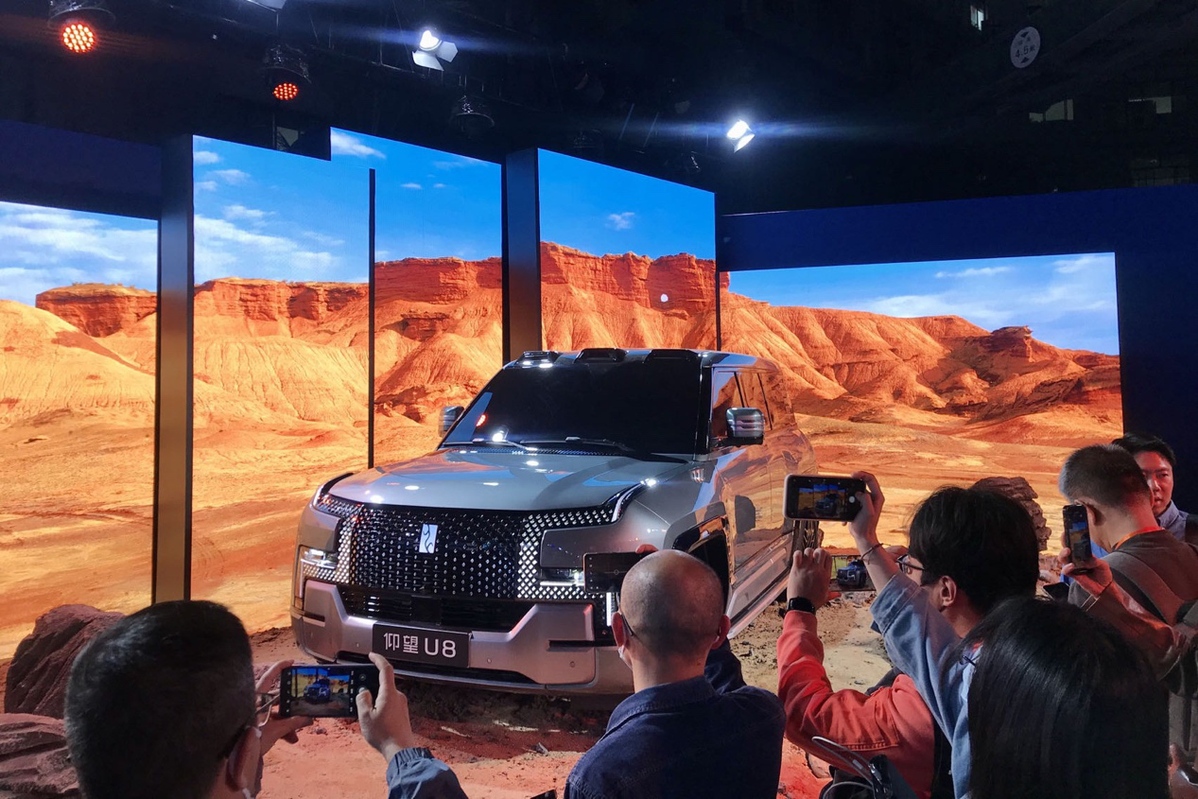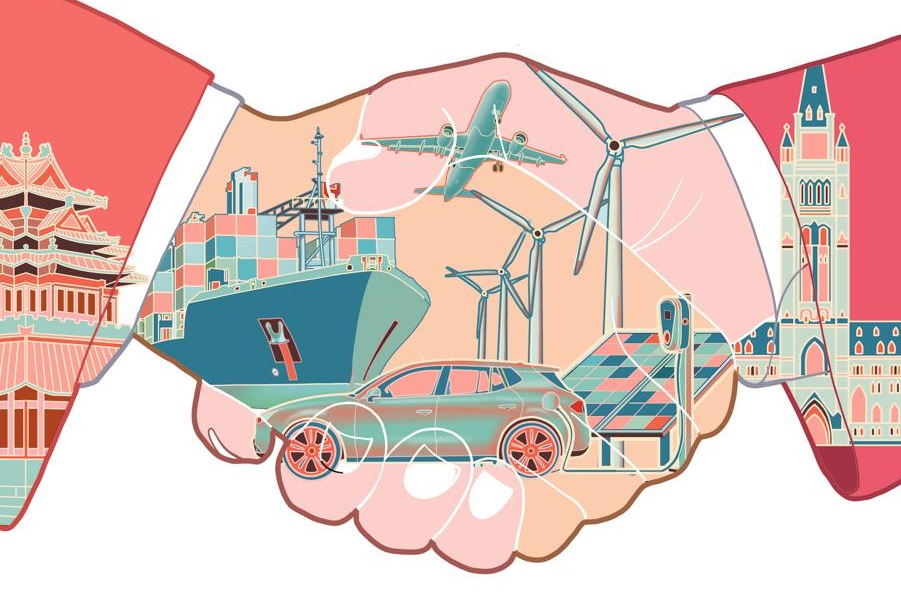False range claims will come back to bite EV makers


A number of electric vehicle brands are suspected of exaggerating the distance their EVs can go per charge by as much as 45 percent. In response to customers' doubts, the companies claim the disparity is because of driving styles, weather conditions and different measurement standards.
In the north of China, affected by low temperatures in winter, the battery life of EVs is understandably compromised. However, even though some consumers are well aware of that, they complain that the mileage they get from their vehicles is still way below their expectations.
EV companies are actually using a theoretical endurance mileage per charge to mislead consumers into believing that their EVs can really drive that far. The actual battery life is one of the core indicators of EV performance. The EV makers are obliged to tell their consumers the true data, especially how far the EVs can go per charge in extremely low temperature or under undesirable traffic conditions.
This information is of crucial importance to consumers and it will influence their buying decision. If the EV enterprises always use theoretical data to promote sales, they will soon reap what they have sown as it is their own credibility and brand image that will bear the brunt of what is in essence a fraudulent marketing practice.
Friday marks the annual World Consumer Rights Day. As shown by relevant media reports, the exaggerated battery life in EV advertisements has already become a focus of many consumers' complaints.
Once there are disputes between the EV enterprises and consumers, the latter is invariably required to present the testing reports of third-party institutions. However, although China is the largest EV producer in the world, it lacks corresponding testing standards. And because of that, the third-party testing institutions cannot provide what the consumers demand from them.
The absence of third-party testing makes it difficult to effectively supervise the enterprises, whose exaggerated claims violate the legitimate rights and interests of consumers. This problem deserves great attention from the industry and market regulators.
China urgently needs to establish professional and rigorous testing procedures, systems and standards for EVs. That will be conducive to not only protecting consumers' rights and interests but also promoting healthy competition in the EV industry and market.
Meanwhile, the commerce and industry regulators should tighten their grip on false advertising. For example, by formulating mandatory industry standards, the EV companies can be required to clearly reveal the true battery life data in real driving environments.
It should be a basic consensus of the industry that the EV enterprises must not make misleading claims about their products. China's EV market is already quite large and it is expanding rapidly. Against this background, the EV companies should focus on long-term development, not short-term profits. Only by adopting a down-to-earth attitude and actively seeking to make breakthroughs in core technologies can they ensure the steady and long-term development of the industry and its competitiveness in the world.


































